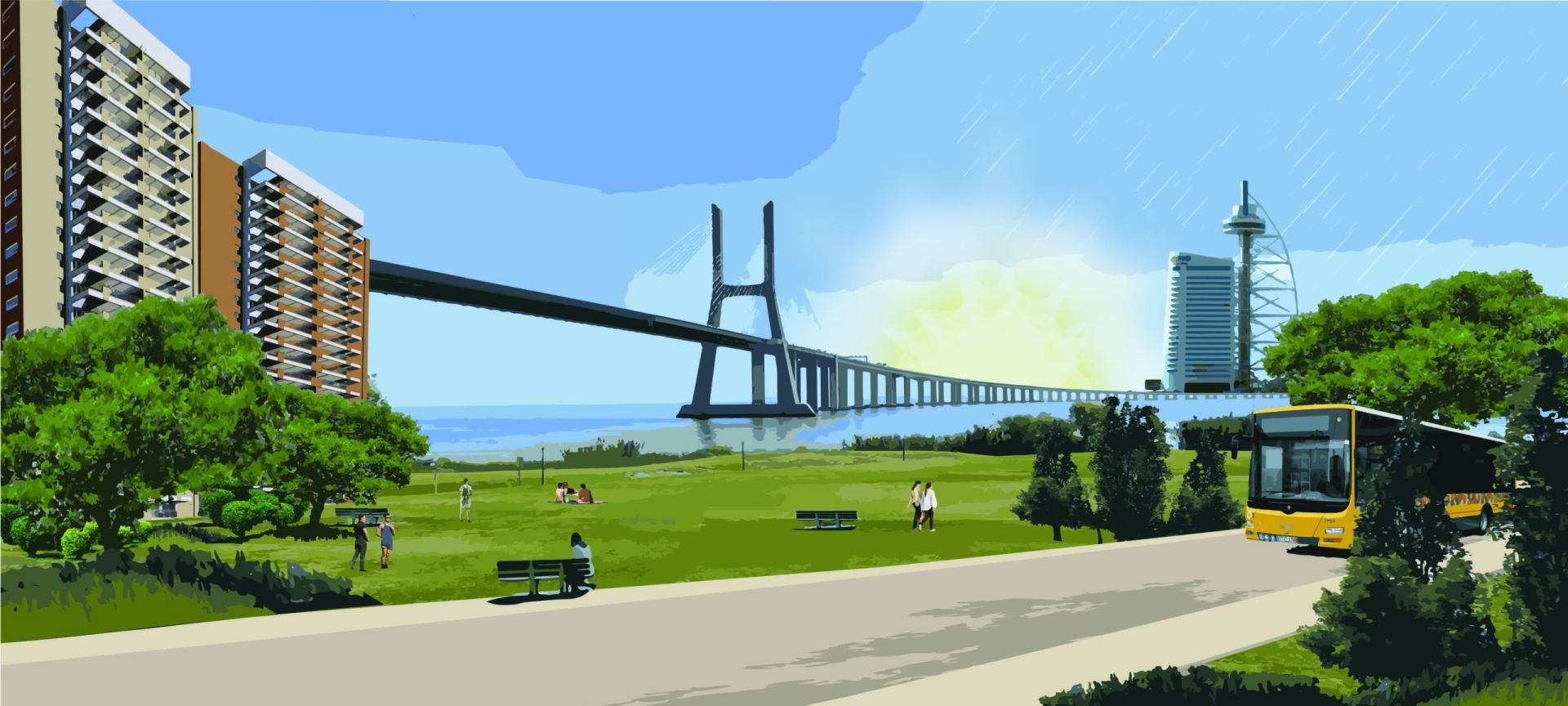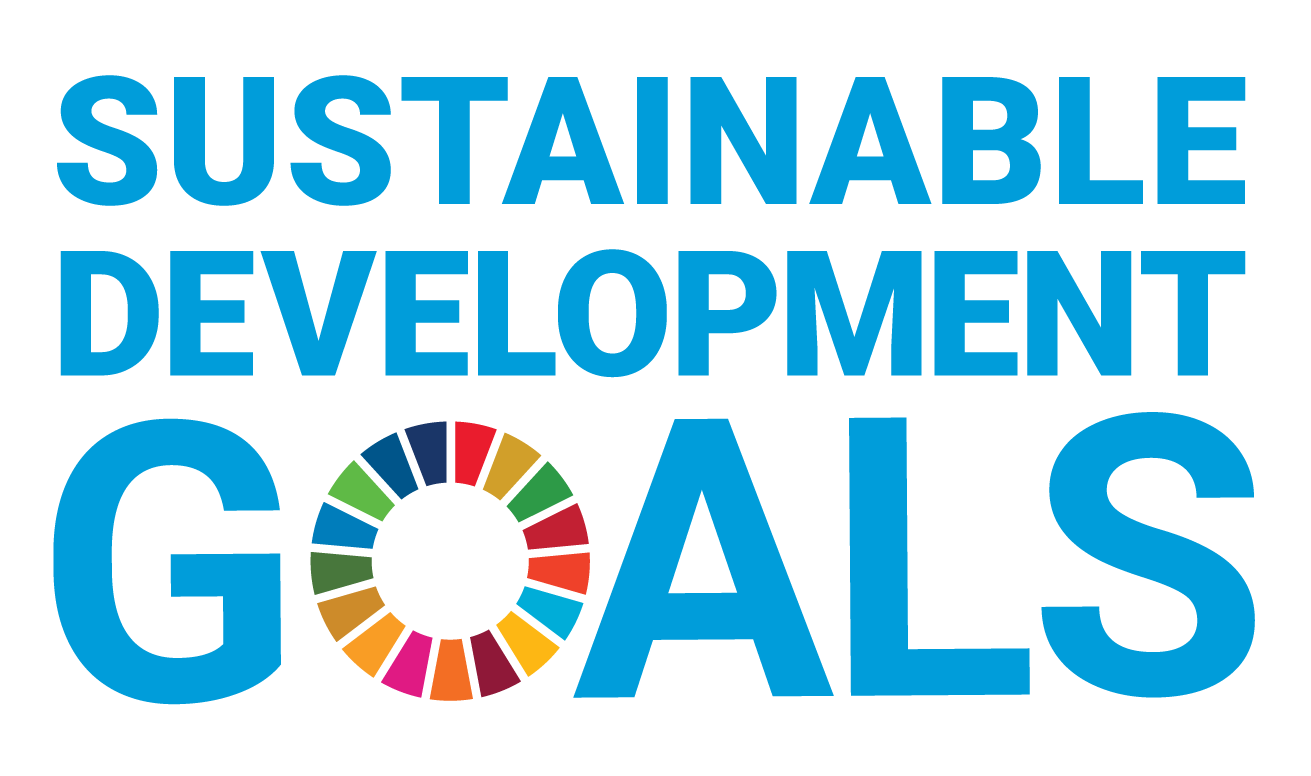Climate Action

Climate action for buildings and infrastructure
The Journey
Expertise
- Impact of climate change in structural health monitoring of bridges
- Bridge adaptation strategies
- Physics-based modeling for climate change scenarios
- Integrating modeling (hydrological, reservoir, and hydraulic models) to analyze impacts on downstream infrastructures, to create scenarios, and to study infrastructure vulnerability
- Hydrological and hydraulic modeling of risk areas for different scenarios (e.g., flood risk areas)
- Analysis of the water regime under different scenarios in hydraulic infrastructure
- Analysis of indoor comfort conditions and health in new and existing buildings
- Green solutions for buildings in urban areas
- Assessment of nature-based solutions for urban climate adaptation
- Eco-design of road pavement solutions to contribute to the decarbonization of the sector
- Bio-based solutions for road infrastructure
Research Projects
Special Issues
SPECIAL ISSUE on the “Water Sustainability: River Basin Management, Water Quality and Quantity Monitoring – Second Edition”. Guest Editor: Carina Almeida (Lusófona University). For this Special Issue, studies on the latest knowledge in the field of sustainable water management will be especially welcome, with the aim of covering different methodologies in order to test different scenarios. Therefore, this Special Issue welcomes contributions such as original research articles, technical articles, or reviews, which may be related to water management in urban areas, agriculture, industry, water-use efficiency, etc. The deadline for submitting manuscripts is 17 January 2025. For more information
SPECIAL ISSUE on the “Climate Change Impacts on Bridges, Roads, and Buildings”. Guest Editors: Quoc Bao Pham (University of Silesia),
SPECIAL ISSUE on the “Impact of climate change on the structural health monitoring of civil infrastructure”. Guest Editors:
Webinars

Taylor and Francis cordially invites you to The Role of Applied Geophysics and Infrastructure Monitoring in Urban Planning and Resilience webinar on 9th of May 2024. This webinar, presented in conjunction with Geomatics, Natural Hazards and Risk, welcomes two thought leaders from the global research community, who both present a different perspective on the ways in which GIS and Remote Sensing can help us to create the sustainable and resilient cities of the future. Register for free here
Spotlight
Thematic Commission on Transportation Infrastructure. Working groups (WGs) were created for each mode of transport, representing both academia and the public and business sectors, with the aim of preparing a report on the impact of climate change on transportation infrastructure under the Thematic Commission on Transportation Infrastructure of the associate observers of the Community of Portuguese Language Countries (CPLP). For more information.

Have a look at ASCE’s support to the Sustainable Development Goals, in which our “Roadmap for an Integrated Assessment Approach to the Adaptation of Concrete Bridges to Climate Change” has been selected to inspire action – The video.
ASCE’s Special Collection for UN SDG Goal 13: Climate Action
Relevant Publications
-
Molon, N.; Figueiredo, E.; Moldovan, I.; Soares, P.M; Faber, M.H.; Lima, D.; Santos, L.O.; Cabral, P.; Porto, F. (2025). Modeling Climate Change Effects on Bridges: A Predictive Framework for Temperature and Strain Analysis. IABSE, Ghent, Belgium.
-
Molon, N.; Figueiredo, E.; Moldovan, I.; Soares, P.M; Faber, M.H.; Lima, D.; Santos, L.O.; Cabral, P.; Porto, F. (2025). Impact of climate change on concrete bridges: A case study on temperature effects. EVACES, Porto, Portugal.
- Figueiredo, E.; Moldovan, I.; Santos, L.O.; Dias, L. (2024). Roteiro para adaptação climática de pontes de betão armado: Ponte sobre o Rio Angueira. Betão Estrutural 2024, 13-15 de novembro, FEUP, Porto.
-
Figueiredo, E., Peres, N., Moldovan, I., Nasr, A. (2024). Impact of climate change on long-term damage detection for structural health monitoring of bridges. Structural Health Monitoring. https://doi.org/10.1177/14759217231224254
- Antunes, V., Dongmo-Engeland, B., Freire, A. C., & Neves, J. (2023, Maio 11). be-READY Workshop – REsilient roAD pavements for sustainabilitY (be-READY), Oslo, Norway. https://doi.org/10.5281/zenodo.10041913
- Figueiredo, E., Peres, N., Moldovan, I., Nasr, A. (2023). Does Climate Change Impact Long-Term Damage Detection in Bridges?. In: Limongelli, M.P., Giordano, P.F., Quqa, S., Gentile, C., Cigada, A. (eds) Experimental Vibration Analysis for Civil Engineering Structures. EVACES 2023. Lecture Notes in Civil Engineering, vol 433. Springer, Cham.
- Figueiredo, E.; Santos, L. O.; Moldovan, I.; Kraniotis, D.; Melo, J.; Dias, L.; Coelho, G. (2023). A roadmap for an integrated assessment approach for climate change adaptation of concrete bridges. Journal of Bridge Engineering, 28(6). DOI 10.1061/JBENF2/BEENG-5735.
- Figueiredo, E.; Moldovan, I.; Santos, L.O.; Erduran, E.; Kraniotis, D.; Rebelo, H.; Antunes, V.; Rocha, C. (2022). A Road for Adaptation of Bridges to Climate Change: Conclusions. Seminar, ClimaBridge Project, September 27, 2022, Lusófona University, Lisbon. DOI: 10.13140/RG.2.2.23011.63523.
- Vandewalle, D.; Antunes, V.; Neves, J.; Freire, A.C. Assessment of Eco-Friendly Pavement Construction and Maintenance Using Multi-Recycled RAP Mixtures. Recycling 2020, 5, 17. https://doi.org/10.3390/recycling5030017.
- Almeida C.; Ramos T.; Sobrinho J.; Neves R.; Proença de Oliveira R. (2019). An Integrated Modelling Approach to Study Future Water Demand Vulnerability in the Montargil Reservoir Basin, Portugal. Sustainability. 11. 206. 10.3390/su11010206.
